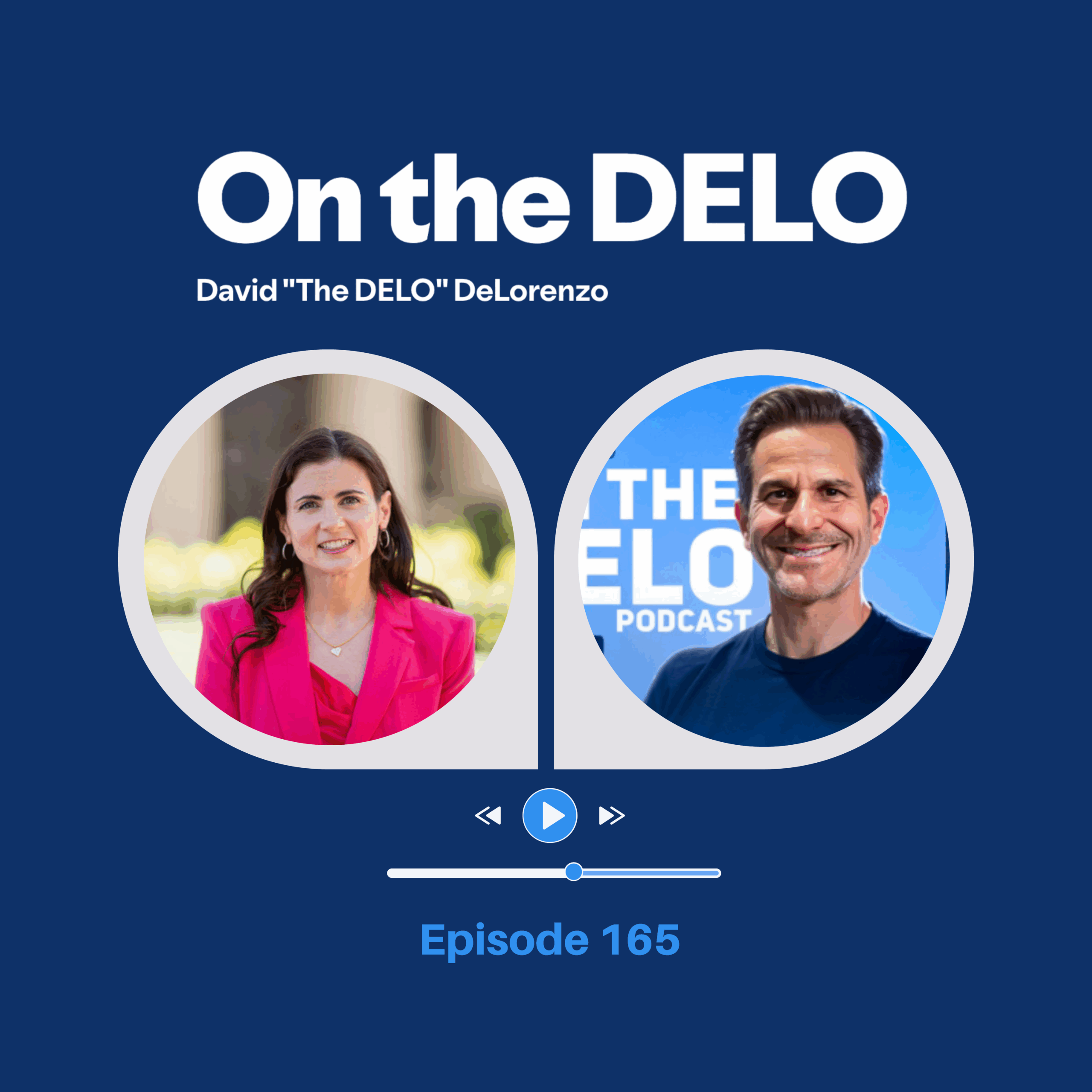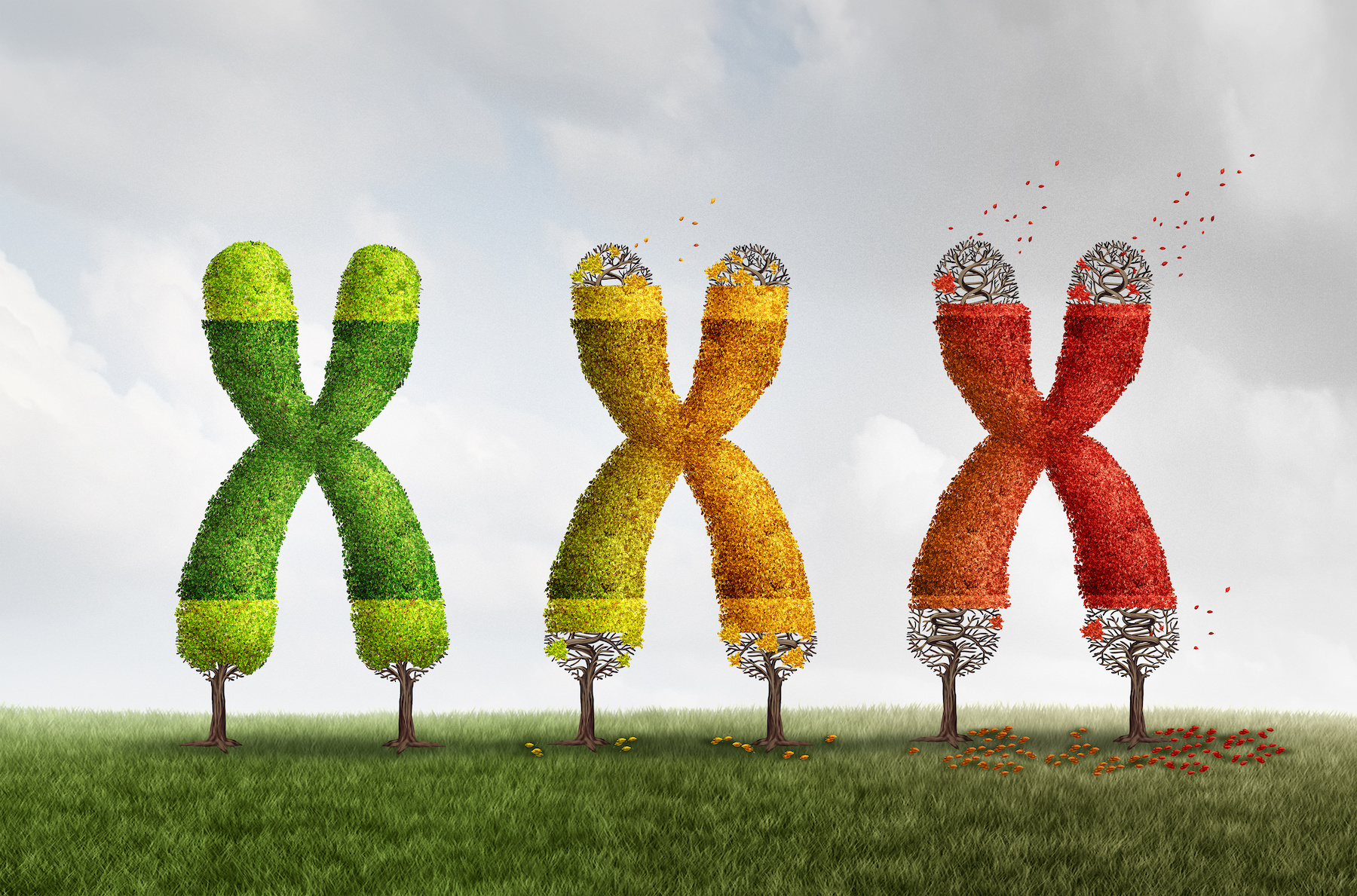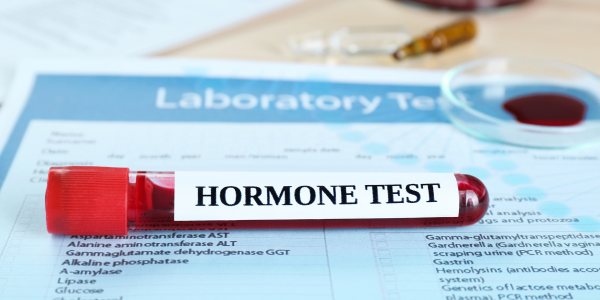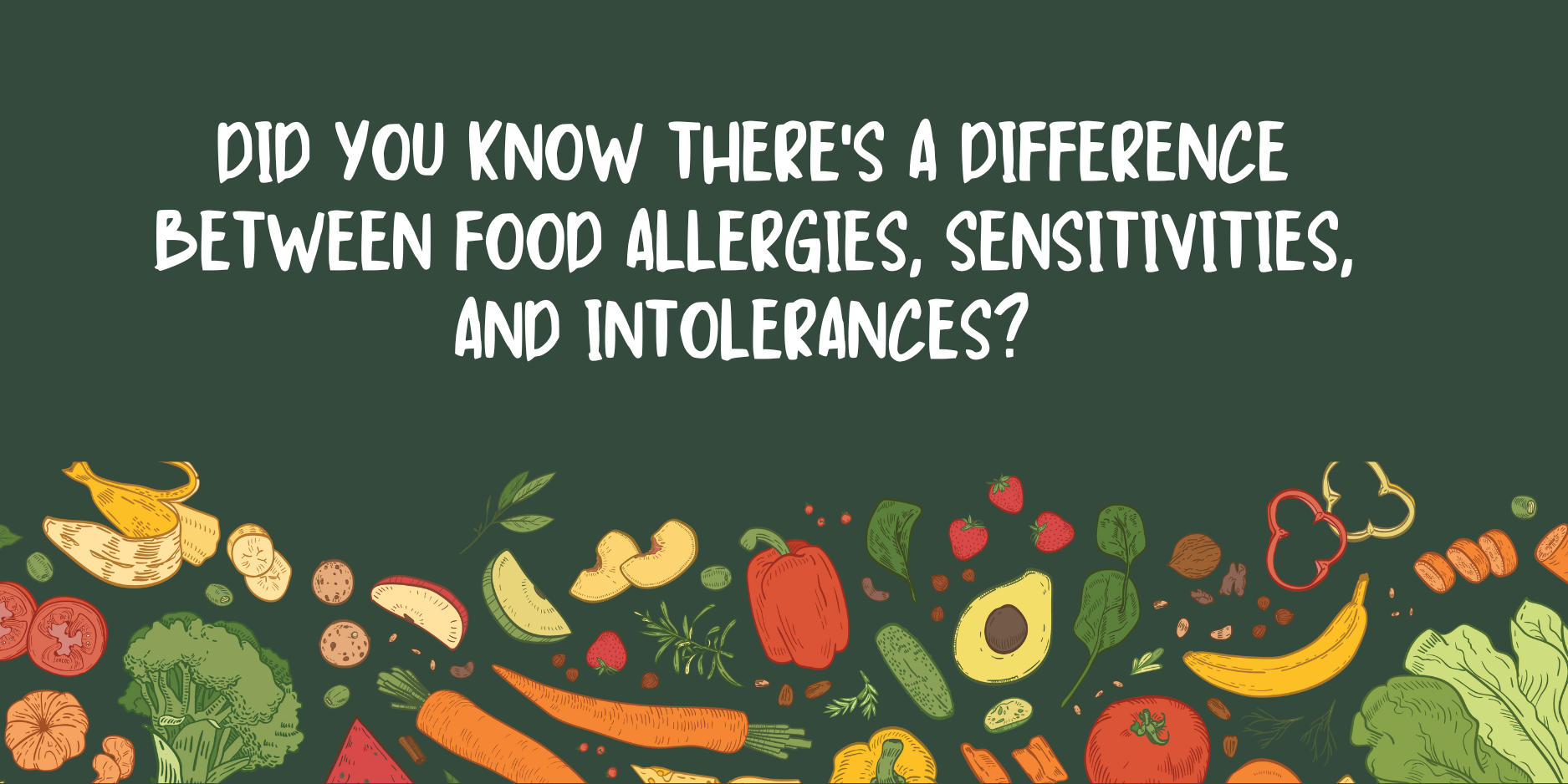

Most people want to stay as healthy as possible for as long as possible. I bet you do too! But how do you know how well your body is aging? Did you know there is a test you can take that will show you?
Modern medicine continues to improve, resulting in tests used to discover biological age. But, some are better than others. Let’s look at the best biological age tests and what to do with the resulting information to improve longevity and maintain health longer.
Using Biological Age Tests to Support Healthy Aging
Biological age tests are used to test how well and/or how fast you are aging. These tests look at your biological age, instead of your actual or chronological age. Your chronological age is the actual age you are right now. It’s based on how many years you’ve been alive.
Biological age is different. It’s the age of your tissues and cells based on various factors and physiological evidence. It tracks the biochemistry of aging and helps to detect biomarkers that relate to the physiological aging process. If you’re fit and healthy, your biological age may be lower than your actual age. When doing biological age testing, this is the age we are interested in.
There are two, research-validated tests we use in our clinic to discover how well you’re aging. They are telomere length and Dundin PACE clock. Let’s look at each.
Telomere Length
Telomeres are cap-like structures at the end of linear chromosomes. The telomeres protect chromosomes from degradation and instability. Telomeres are made up of repeated nucleotide sequences and a protein complex called shelterin. During the normal process of DNA replication, DNA at the end of the chromosomes cannot fully replicate, causing a gradual decrease in chromosome length over time. This is where telomeres come in – to protect the ends of chromosomes.
But, over time, telomeres shorten after many divisions. Once telomeres are critically short, the DNA replication process exposes the ends of the chromosomes, causing DNA damage and apoptosis or cell death. This telomere shortening is associated with cellular aging and age-related diseases.
Looking at telomere length as a biomarker of aging can provide insight into biological age. There are several methods of telomere length testing including the Southern blot Telomere Restriction Fragment (TRF), flow FISH, and qPCR assay.
DunedinPACE Clock
This aging test uses an epigenetic algorithm to determine biological age. It’s built around the phenotypes of aging, including mental acuity, balance, and muscle density – all of which change over time. This test uses data from the same person over their lifespan to provide comprehensive information about their biological age. The DunedinPACE clock is the most precise and predictive of epigenetic age quantification, allowing for the prediction of health outcomes. Learn more about the DunedinPACE clock test in this comprehensive article.
5 Tips For Healthy Aging
After a biological age test, what should you do with the information you learn? While we can’t stop the passage of time, there are ways to take care of yourself to improve the aging process.
Nutrition
Eating a nutrient dense, anti-inflammatory, and organic diet helps the body and cells stay healthy. It’s particularly important to get enough protein in the diet to maintain muscle mass as we age – which you’ll learn more about later on.
But, did you know the gut microbiome also influences healthy age? Throughout our lifespan, the gut microbiome changes extensively in response to metabolic alterations and dietary habits. One study found that the gut microbiome was more diverse in healthy aging adults than in those aging poorly with chronic health conditions. The researchers concluded that the flexibility and stability of the gut microbiome likely plays a role in aging and longevity.
Taking both probiotics and prebiotics can help, along with eating a nutrient dense and anti-inflammatory diet.
Sleep
There’s a reason you always hear about the importance of sleep – it’s the body’s way to heal and repair. Not getting enough quality sleep can lead to health problems and difficulty managing stress – both of which impact the body’s aging process.
Aim for at least 7 hours of sleep each night, 8 is ideal for most. If you have trouble getting or staying asleep, there are some things you can do. Maintain a consistent sleep schedule where you get up in the morning and go to bed at the same time. Keep your bedroom at a cooler room temperature in the evening to initiate and stay asleep throughout the night. Avoid eating 2 hours before bedtime. If those tips don’t do the trick, there are more things to try – here’s a great resource with tips to improve your sleep.
Exercise and Movement
Exercise is essential to maintain health as we age. Not only is aerobic exercise important, but so is lifting weights. As we age, we lose muscle mass – especially if we’re not using our muscles frequently. And poor muscle mass and tone leads to frailty, loss of balance, and increased risk of fracture. With more muscle mass comes more independence and resilience in older age. Because of this, lifting weights should be a high priority! If you’re new to exercise, learn how to incorporate exercise into your daily routine here.
Not only is consistent exercise important, but so is movement throughout the day. Have you heard that sitting is the new smoking? Lack of movement is detrimental to our bodies. This is where daily movement comes into play – walking, standing up after half an hour of sitting, doing the laundry, gardening, anything you do throughout the day that gets your body moving can help.
Stress
High stress, especially over time, impacts health and aging. But did you know our resistance to stress peaks in early adulthood and declines with age? Plus, how we perceive stress also impacts how it affects our body and our health. This makes stress management even more important as we get older.
Practicing consistent stress management techniques helps you age better and stay healthier longer. Some strategies include exercise, meditation, music, body work like massage, practicing gratitude, spending time with friends and family, and getting enough quality sleep.
Reduce Toxin Exposure
Unfortunately toxins are all around us, even if we do our best to avoid them. They’re in the air we breathe, our water supply, the products we use on our skin, and the cleaning products we may use around the house. Many times, these toxins are endocrine disruptors, meaning they disrupt our hormones – making them even more dangerous.
One of the best ways to reduce exposure is by eating organic foods. Think about it – non-organic foods are sprayed with pesticides that kill other living things. Organic foods don’t. This is one area where you can make a big difference in decreasing your exposure to toxins.
Other ways to reduce toxin exposure for healthy aging include:
- Replacing plastic containers with glass or stainless steel containers.
- Avoiding parabens and phthalates in personal care products.
- Filter your water using a reverse osmosis water filtration system. (Here’s a great course on finding the best water filtration system for you.)
- Using an air purification system.
Supplements For Healthy Aging
Lifestyle factors are the main focus of the functional medicine approach to aging well, but supplements can complement lifestyle changes well. Here are two key supplements that can support healthy aging.
NAD
NAD, or nicotinamide adenine dinucleotide, is an essential co-enzyme found in every cell throughout the body. Taking NAD precursors can help raise your levels, as well as taking supplements that help with the proper recycling of NAD.
NAD is shown to:
- Protect against oxidative stress, or stress at the cellular level.
- Increase energy levels by increasing ATP production.
- Support liver function by boosting the liver’s regenerative capacity.
- Support neurocognitive function, including improved cognition, memory, and mood.
- Help maintain health longer.
Evidence shows that decreased levels of NAD are correlated with symptoms of aging. This is because NAD levels decline with age. But, there are ways to ensure your body gets enough as you get older. Oral supplementation and IV infusions can make a big difference when done regularly. Resistance training and aerobic exercise can also help prevent NAD decline.
Resveratrol
A compound found in foods like blueberries, grapes, red wine, and peanuts, resveratrol has antioxidant, anti-inflammatory and anti-aging effects. It’s believed to reduce oxidative stress, relieve inflammatory responses, improve the function of mitochondria, and support the regulation of cell death – all important factors in aging.
Taking a resveratrol supplement can support healthy aging. Studies show that resveratrol could extend the lifespan and protect against age-related conditions, like cardiovascular disease, osteoporosis, cancer, and neurodegenerative disease.
Age Better With Arizona Wellness Medicine
Aging is a multidimensional process, with many factors at play. The functional medicine approach to aging well consists of completing a biological age test like the DunedinPACE Clock to get a comprehensive picture, followed by a holistic wellness plan to address areas of concern or improvement.
If you’re interested in testing to see how well you’re aging, or if you need support in building a personalized plan to keep healthy for many years to come, working with an experienced functional medicine provider may be right for you. At Arizona Wellness Medicine, our team of experienced functional medicine providers listen to your comprehensive history, take into account your current life stressors, and make a personalized plan to support your goals – whether it be improving lingering symptoms or staying as healthy as possible for as long as possible. Learn how functional medicine can support you here.
Resources:
- A New Step for Personalized Anti-Aging Medicine
- Telomere Length as a Marker of Biological Age: State-of-the-Art, Open Issues, and Future Perspectives
- Short Telomere Syndromes In Clinical Practice – Bridging Bench and Bedside
- Telomeres, Telomerase and Ageing
- Telomere length and epigenetic clocks as markers of cellular aging: a comparative study
- The Gut Microbiome, Aging, and Longevity: A Systematic Review
- Effects and Mechanisms of Resveratrol on Aging and Age-Related Diseases
Share:
Dr. Emily Parke
Social Media
Most Popular Posts
Subscribe To Our Newsletter
Related Posts

New Podcast Episode: My journey into functional medicine + what I’ve learned
I’m excited to share that I recently joined DeLo for Episode 165 of the On the DeLo podcast! In this conversation, we explored my journey

Understanding the Essential Labs for Women on Hormone Replacement Therapy (HRT)
So what are the minimum labs we’re looking at when we do hormone replacement therapy? We obviously want to look at an estrogen level, so

How to figure out the right amount of HRT in women
What about checking lab values when you’re on hormone replacement therapy? I do find it to be helpful, but we also want to consider symptoms.

Did you know there’s a difference between food allergies, sensitivities, and intolerances?
Did you know that there’s a difference between food allergies, food sensitivities and food intolerances? Food allergies, the reactions tend to happen pretty immediately and
